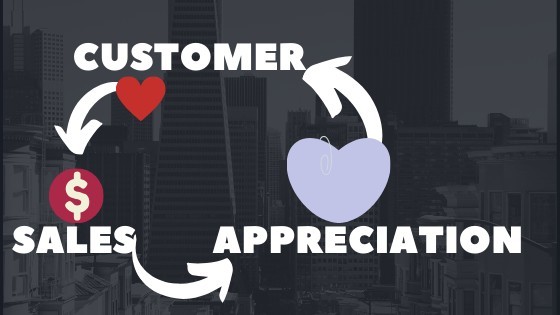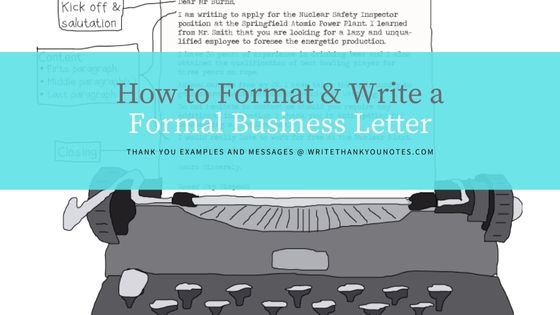If you are lucky enough to improve the quality of someone’s day or be of service to someone, chances are they will have given you a “thank you” — a polite phrase to express their appreciation.
You’re welcome is the standard response to a thank you, but it is not the only appropriate acknowledgment. My pleasure, anytime, or of course are other warm and expected responses to a thank you.
Learn what to say and how to respond to “thank you” in any situation.
- How to Respond to a “Thank-You”, Verbal or Text Message in a Business Setting
- Examples of Responses to a Thank You Text from a Colleague
- Funny and Sarcastic Examples of Responses to a Thank You Text from a Colleague
- What’s the BEST Way to Reply to a “Thank-you”?
- Example Letter to a Client or Business in Response to Their Gesture / Praise / Letter of Appreciation
- Why “No Problem” as a Response to a Thank-You Is Not Ideal
- Best Verbal or Written Responses to a “Thank You”
- Tips for Responding to a Thank You Email
- Related
If someone is saying thank you for your help in exchange for something you want, it makes sense to return their thank you with a “You’re welcome, and thank you, too!”
How to Respond to a “Thank-You”, Verbal or Text Message in a Business Setting
How does one respond to a thank you, in a professional manner?
- “You’re welcome”
- “With pleasure”
- “Avec plaisir” (in French)
- “Con gusto” (in Spanish).
The idea is the same: you’re politely receiving the thanks, and expressing your happiness at being able to be of service.
- “I’m glad to have been able to assist. Let’s keep working towards our goals together.”
- “No problem, happy to support the success of our company.”
- “Glad to have been able to help out. Looking forward to our continued partnership.”
- “You’re welcome. I’m always here to support the growth of our business.”
- “I’m happy to contribute in any way I can to the success of our company.”
- “No need to thank me, it’s my pleasure to support our team and our goals.”
- “Glad to have been able to play a part in our company’s success. Looking forward to what the future holds.”
- “It was no trouble at all, happy to support the growth and success of our business.”
- “You’re welcome. I’m committed to doing my part in helping our company thrive.”
- “I’m happy to have been able to assist and contribute to the success of our business. Let’s keep working together towards our goals.”
Examples of Responses to a Thank You Text from a Colleague
- “You’re welcome, it was my pleasure to assist. I’m glad I could be of help.”
- “No problem at all, I’m happy to contribute in any way I can to the success of our endeavors.”
- “Glad to have been able to assist. I’m always here to support your goals and aspirations.”
- “It was no trouble at all, happy to have been able to help out. I’m always here to lend a hand and contribute to the success of our project.”
- “No need to thank me, I’m happy to support your efforts and contribute to the success of our endeavors.”
- “You’re welcome. It was my pleasure to be of assistance. I’m always here to support you and your goals.”
- “Glad to have been able to help out. I’m committed to supporting your success and assisting in any way I can.”
- “I’m happy to contribute in any way I can to the success of our project. I’m always here to support you and your goals.”
- “You’re welcome. It’s an honor to be able to support such a talented and intelligent person. I’m always here to help in any way I can.”
- “No problem at all, happy to have been able to assist. I’m committed to supporting your success and helping you achieve your goals.”
Funny and Sarcastic Examples of Responses to a Thank You Text from a Colleague
It’s important to be mindful of your relationship with your colleague and to ensure that your sarcastic responses are not offensive or inappropriate. Here are a few examples of funny and sarcastic responses to a thank you text from a colleague:
- “You’re welcome, but let’s be real, I did it all for the praise and recognition.”
- “No problem, but just remember that I’ll be expecting a favor in return at some point.”
- “Glad to have been able to assist. But seriously, you owe me big time for this one.”
- “It was no trouble at all, just part of the job. But if you really want to thank me, you can buy me a coffee sometime.”
- “No need to thank me, I’m just glad I could make your life a little easier. But don’t get used to it, I don’t do this for just anyone.”
- “You’re welcome. Just doing my part to make sure the company runs smoothly (and make your job a little easier). But don’t get too attached, I won’t always be this helpful.”
- “Glad to have been able to help out. But seriously, don’t make a habit of asking for my help, I’m not always this generous.”
- “I’m happy to contribute in any way I can to the success of the company (and to make your job a little easier). But don’t get too excited, it’s not always going to be like this.”
- “You’re welcome. It’s an honor to be able to support such a competent and skilled colleague. But seriously, don’t make a habit of relying on me, I’m not always this helpful.”
- “No problem at all, happy to have been able to assist. But seriously, don’t expect this kind of help from me all the time, I’m not a pushover.”
What’s the BEST Way to Reply to a “Thank-you”?
The best way to reply to a thank-you will depend on the context and your relationship with the person who is thanking you. Here are a few general tips for responding to a thank-you:
- Show gratitude in return: If someone thanks you, it’s always a good idea to thank them in return. This helps to create a positive and mutual exchange of appreciation.
- Be sincere: Make sure that your response is genuine and reflects your true feelings. It’s important to be authentic in your interactions.
- Be specific: If someone thanks you for a specific action or gesture, it can be helpful to mention that action or gesture in your response. This helps to show that you understand and appreciate what you were thanked for.
- Keep it simple: There’s no need to overdo it with your response. A simple and sincere thank-you is often the best way to go.
- Consider the context: Think about the situation and the relationship you have with the person who is thanking you. This can help you tailor your response to be appropriate and meaningful.
When replying to “thank-you,” it is best to offer a response that makes them feel that your relationship with them is special and unique, and appreciated. Your response should fit the expectations of your audience and your personality.
Here we have a somewhat formal template for how a traditional company might graciously respond to praise, by composing a letter of acknowledgement.
Example Letter to a Client or Business in Response to Their Gesture / Praise / Letter of Appreciation
Dear Ms. Christiansen:
Now and then the mail includes a letter that brings special warmth to the day. It is especially nice when someone is helpful in a situation such as you described in your letter, and I am very glad that Shannon Fredo and George Burton from our company were so accommodating. As you point out, their above-and-beyond interest and service make real friends for us at IODE, and are the kinds of actions that make us particularly proud of our employees.
I am pleased to forward your letter to our field office; the manager there will provide an opportunity to recognize Ms. Fredo and Mr. Burton for their outstanding representation. No doubt they will appreciate, as well as be encouraged by, the time and effort you took in writing your kind remarks. In addition, I am forwarding a subscription to our in-house magazine for your future needs.
Thank you for taking the time to write. We sincerely appreciate your thoughtfulness and your business.
Cordially,
S. Horton
Why “No Problem” as a Response to a Thank-You Is Not Ideal
In the context of a professional or customer service interaction, when you say, “No problem,” in response to an expression of appreciation by the customer, the customer can hear this in one of two ways:
- They might hear it as meaning that what they had considered to be a problem was not in fact a problem, or they were mistaken. In a subtle way, this undermines the customer’s concern, resulting in them feeling absurd or inept for even bringing it up. Your “No Problem” response also downplays the skillfulness involved in the solution that you offered.
- They might not notice the subtleties of implied condescension.
While most people perhaps don’t sit and analyze the nuance of language, the better response to a “thank-you!” is “You are most welcome!” Or “My pleasure.” Then follow that up with an expansion on why they are welcome to your kindness and service.
This signals clearly that you graciously accept the expression of gratitude, and that you were happy to help.
Reminds eHotelier: Along the same lines as “With pleasure” is the simple and direct “I’m glad I could help” or “We’re always happy to assist you.” And then, as the cherry on the customer service cake, you might even add: “Please let us know if there’s anything else that you need.”
When you serve your clients, you are not doing them a favour; you are performing a job, as well and as honourably as possible. Accept their appreciation with humility and grace.
And the truth is that words matter–particularly the final words of an exchange–which can leave a lasting impression, even if just a subtle one, that effects the customer’s future behaviour in relation to your business.
eHotelier
It may well determine whether or not they return to your hotel, restaurant, health club or spa.
If they feel that their concerns were taken seriously, and their expressed gratitude graciously received, chances are better that they’ll be motivated to come back–and will encourage their friends and associates to do the same.
Best Verbal or Written Responses to a “Thank You”
Here are a few verbal and written responses to a thank-you. Reminder to know what is appropriate for the context in which you are replying:
Verbal responses:
- “You’re welcome.”
- “But of course, happy to help.”
- “It was my pleasure.”
- “Glad to have been able to assist.”
- “It was no trouble at all.”
Written responses:
- “You’re welcome, it was my pleasure to help.”
- “No problem at all, happy to have been able to assist.”
- “Glad to have been able to support you. Let me know if you ever need any help in the future.”
- “It was no trouble at all, happy to have been able to lend a hand. Thanks for thinking of me.”
- “You’re welcome. I’m always here to support you and your endeavors.”
See more examples of How to Respond to a Thank You Text.
You’re welcome
This is the expected and kind response to a thank you, meant to show the person that they are welcome to your goodwill and kind acts. What a wonderful world it would be if everyone were so kind.
But of course!
And in a wonderful world, everyone would be kind to each other as a matter of course.
It is my pleasure
It is a great soul who takes pleasure in performing small acts of kindness and in kind deeds unseen by others.
Glad to have been able to assist! The pleasure is all mine
This is a further expression of the joy and richness felt by those who uplift others. Let others help you, otherwise you might deprive them of the opportunity to serve and to feel such joy. Which leads to…
Thanks for the opportunity to serve
Whenever you let someone help you, you create the opportunity for someone to let their true soul shine through.
Anytime!
This makes it clear to your loved ones that it was no trouble at all to lend a hand or be there for them. Some people like to say “Don’t mention it” or “It was nothing” or “No worries” but these responses belittle the benefit you offered and gives the impression that their request for help was a waste of time.
Happy to help
If you are happy to help, you don’t want or expect any recognition. The happiness is reward enough.
Say You’re Welcome Maui Style
Quick Responses to a Thank You Via a Text Message
If someone wants to thank you over a text message, receive it graciously with the verbal suggestions above, or if the thanks was over something small, an emoji is sufficient: smiley face, thumbs up, etc. are appropriate.
Tips for Responding to a Thank You Email
There are many occasions on which someone might send a professional thank you email to someone else. For example, you might receive a thank you email from someone to:
- Express thanks for meeting with them or introducing them to a client.
- Say thank you following a job interview.
- Show appreciation to a colleague for helping out with a task or project.
- Thank your company for a merit-based promotion, raise, or bonus.
- Say thanks to the tech department or supervisor for tech support or assistance.
- Thank a customer for purchasing a product or service.
- Express thanks to a company speaker who has given a valuable or inspiring talk to your employees.
How to answer a thank you email
Some guidance to follow when answering a professional thank you email:
- Respond quickly. Your reply will be short and sweet, so aim to reply within 24 hours.
- Return the appreciation. Expressing your own appreciation for the opportunity to work with the person in some capacity is professional and appropriate.
- Short messages have power. Don’t worry about writing several paragraphs in response; instead, reply to the email in a few quick sentences (unless the sender asked specific questions that require elucidation).
- Use a personable and professional tone. When you receive a professional thank you email, it’s important to respond using a professional tone. You don’t need to sound like a robot, however. Use a warm and personable tone while also maintaining a professional tone (avoid curse words and slang) to ensure your response is appropriate and well-received. A respectful email is appreciated.
Example of an email reply to a thank you email
Dear John,
Thank you for your note, it was my pleasure to assist in the presentation of your research. You did a great job tying your research directly to our company’s goals, and I know my team was impressed with your findings. Let me know if I can help this fall on your next excursion to the Galapagos. Looking forward to the next installment,
Tom
Related
How to Respond to a Thank You Text Message
Thank You Notes for Community Volunteers
Thank You Note for Personal Business Reference
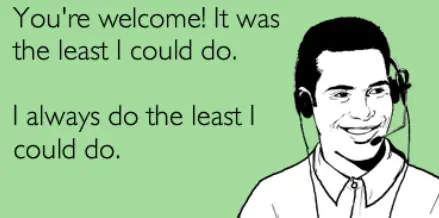
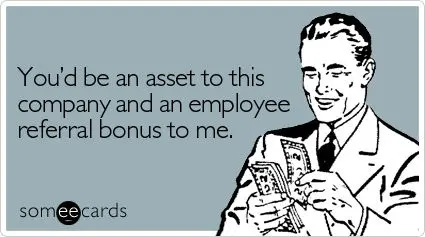
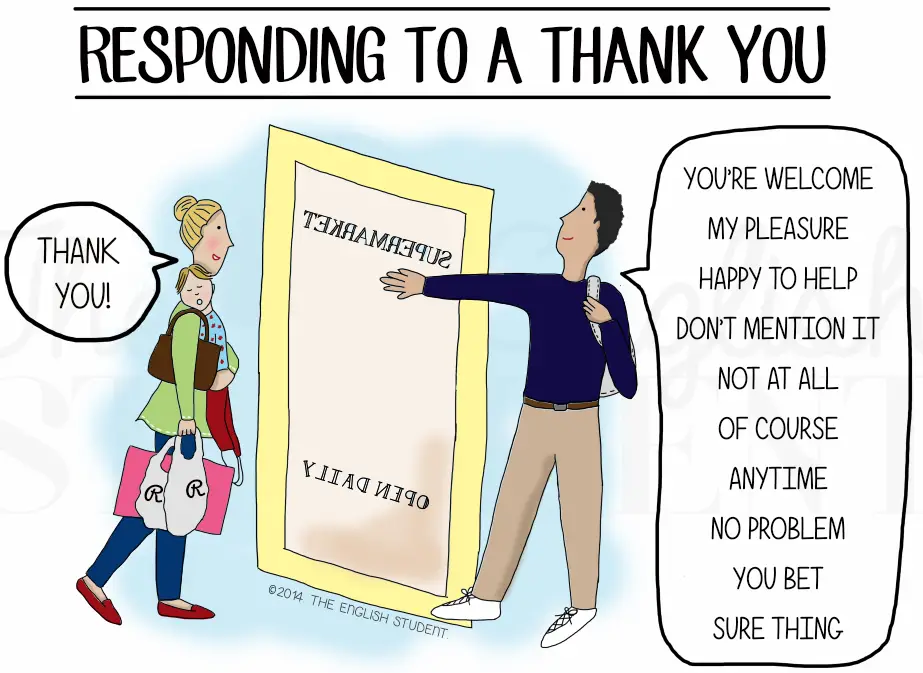
![Your Farewell Retirement Letter & Thanks [to Co-Workers, Boss]](https://www.writethankyounotes.com/wp-content/uploads/2019/09/farewell-3258939_1280.jpg)
